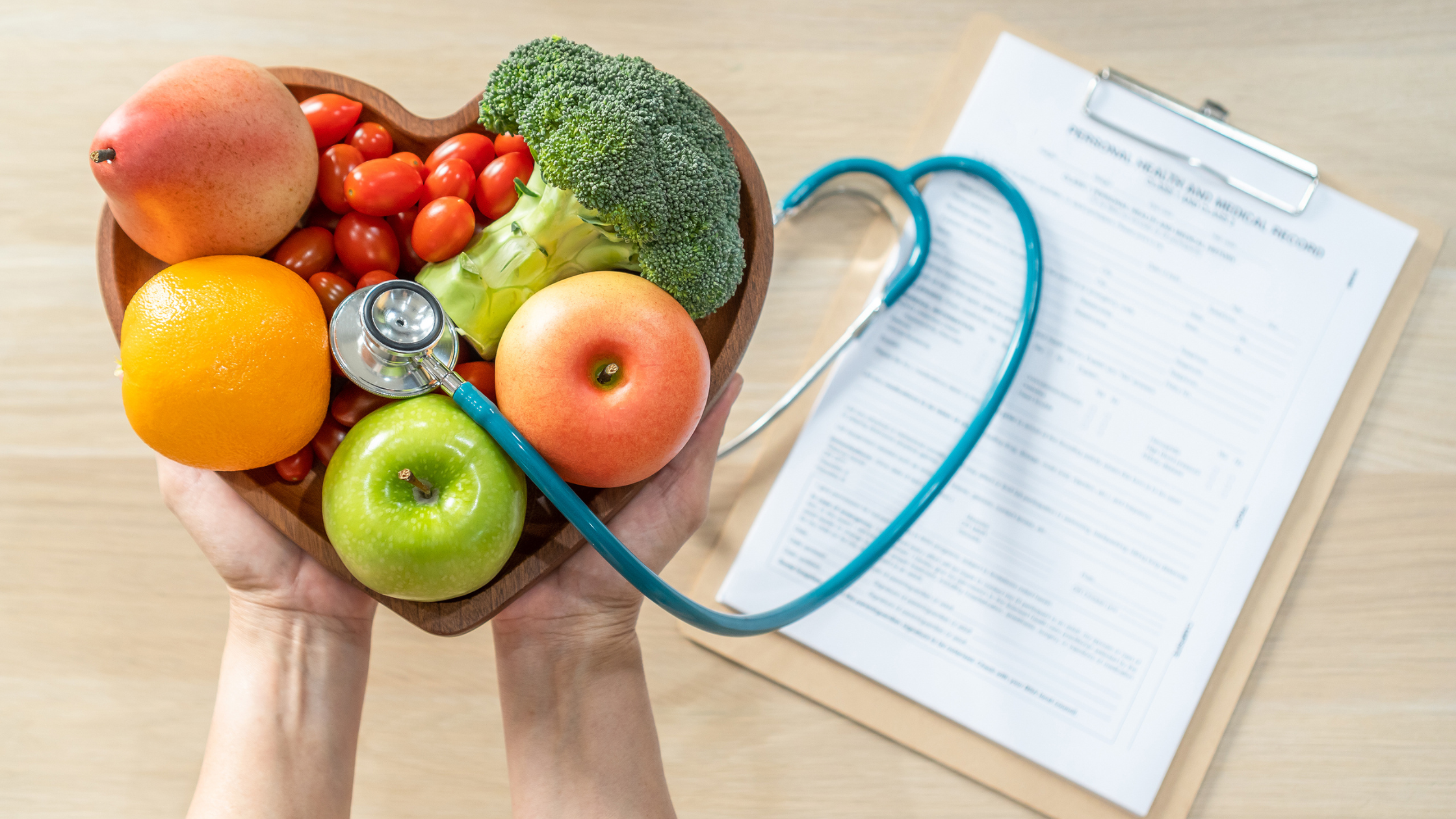The Pros and Cons of Calorie Counting
This post was written by Maria Beyer, a Nutrition & Dietetics undergraduate student at the University of Delaware. You can find her on Instagram @bitestolife. Content reviewed by Hannah Thompson, RDN, LD, CPT.
There have been countless statements made about the key to weight loss. People swear by cutting out fats or carbs, intermittent fasting, or avoiding sweets. The way that these diets work all comes down to the same concept- a calorie deficit (aka energy consumed is less than energy used by the body.) Basically, this translates to the body burning more calories than what is eaten.
Negatives of calorie counting
@dietitianhannah Replying to @daisysong85 You may not be in a calorie deficit, even if you are tracking. And that’s okay. While a calorie deficit is the only way for weight loss to occur, tracking everything you eat likely won’t be a sustainable habit #dietitianhannah #dietitiansoftiktok #antidietdietitian #nondietdietitian #dietculture #dietitiansontiktok #caloriecounting #caloriedeficit #caloriedeficitdiet #ditchthediet #intuitiveeating ♬ original sound - Dietitian Hannah
Individuals may count calories in order to track what is going in and out of the body as a method of weight loss. Those who are looking to lose weight may consult a dietitian to determine how many calories their body needs per day, and slowly decrease this amount to lose weight over time. It can be estimated that a pound of fat equates to 3500 calories, meaning that if someone were to eat 250 calories less per day, they would lose 1 pound in 2 weeks and so on. Issues related to calorie counting can occur in many different ways.
There are multiple factors that influence energy balance (energy in vs energy out). Calories absorbed by the body fluctuate by age, health status, and macronutrient intake. Because of this, it’s almost impossible to know how many calories are being consumed. On the other end of the scale, calories are burned at rest, during exercise, and also by metabolizing food. This can be affected by body size, hormonal or energy status, stress levels, genetic factors, and even dieting history. This is why calorie counting may not be beneficial, because individuals have a hard time pinpointing how much energy is actually absorbed and used by the body.
Many individuals have low patience for slower methods of weight loss and look for a quick fix. Because of this, they will consume very few calories per day in an attempt to lose weight quicker, which is a more severe method of starvation. This can lead to cravings, binge-type eating, and even eating disorders in some cases. People who deprive themselves of foods they enjoy because of calorie counting will usually end up eating more than they would normally. For example, if an individual chooses to “cover up” their craving for a sweet treat, they may end up eating more of whatever they substitute with because the craving does not end up being satisfied. In the end, they may end up having the sweet treat anyway and have a tough time stopping at a moderate amount.
Calorie counting can be tedious and stressful while also easily becoming obsessive for some individuals. It’s important to consult a health professional before considering this method of weight loss to ensure that the calorie deficit is not too extreme and that disordered eating habits do not develop.
Positives of calorie counting
Keeping a tedious track of calories only has a few benefits. It can educate people on more nutritious foods and make those who have less nutrition education more aware of their food choices. However, nutrition knowledge can be learned without having to count calories. Individuals can learn about macronutrients and proper portion control, which is a distorted topic in the food industry.
Finally, those who count calories may eat more nutrient-dense foods such as fruits and vegetables versus foods with higher calorie contents and less nutrient density. However, as stated before, all of these behavior changes can be done without logging or tracking calorie intake.
Bottom line
If you are considering counting your calorie intake for weight loss, it’s best to consult a health professional and do it gradually. It’s important to not let it consume you with guilt or give you feelings of “failure” around what you eat. Having a balanced diet of carbohydrates, fats, and protein is necessary for satiety and overall health. Be aware of your thoughts, as they can intensify quickly and become obsessive and unhealthy. Calorie counting is super tricky, and if you have a history of disordered eating thoughts or habits, then it’s not recommended.
Learn more
Featured podcast episode
You may also enjoy this video:
Want more help on your intuitive eating journey?
Join my membership to become part of a community of ex-dieters working towards food freedom and making peace with food so they no longer need to cut out their favorite foods.
































